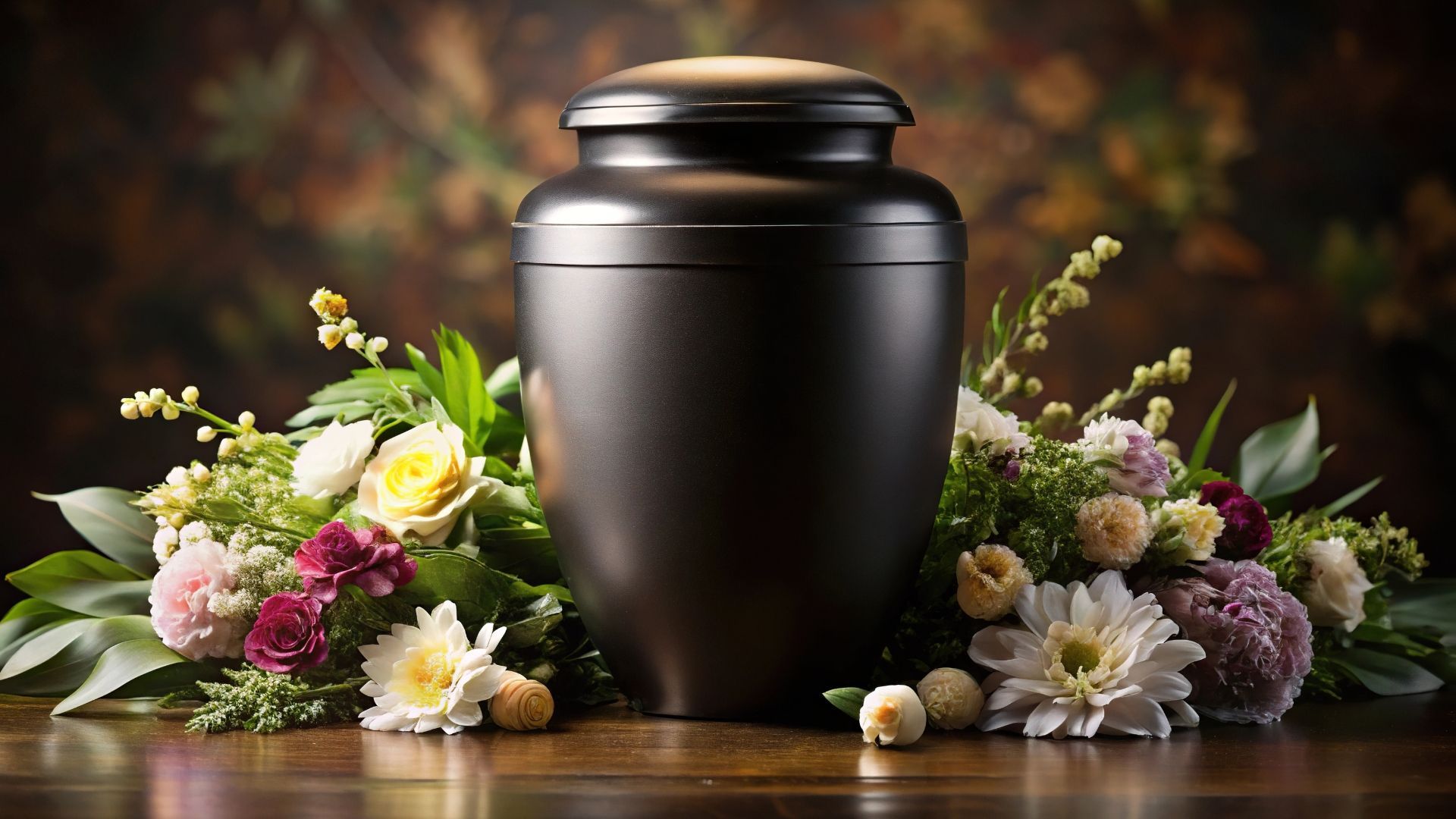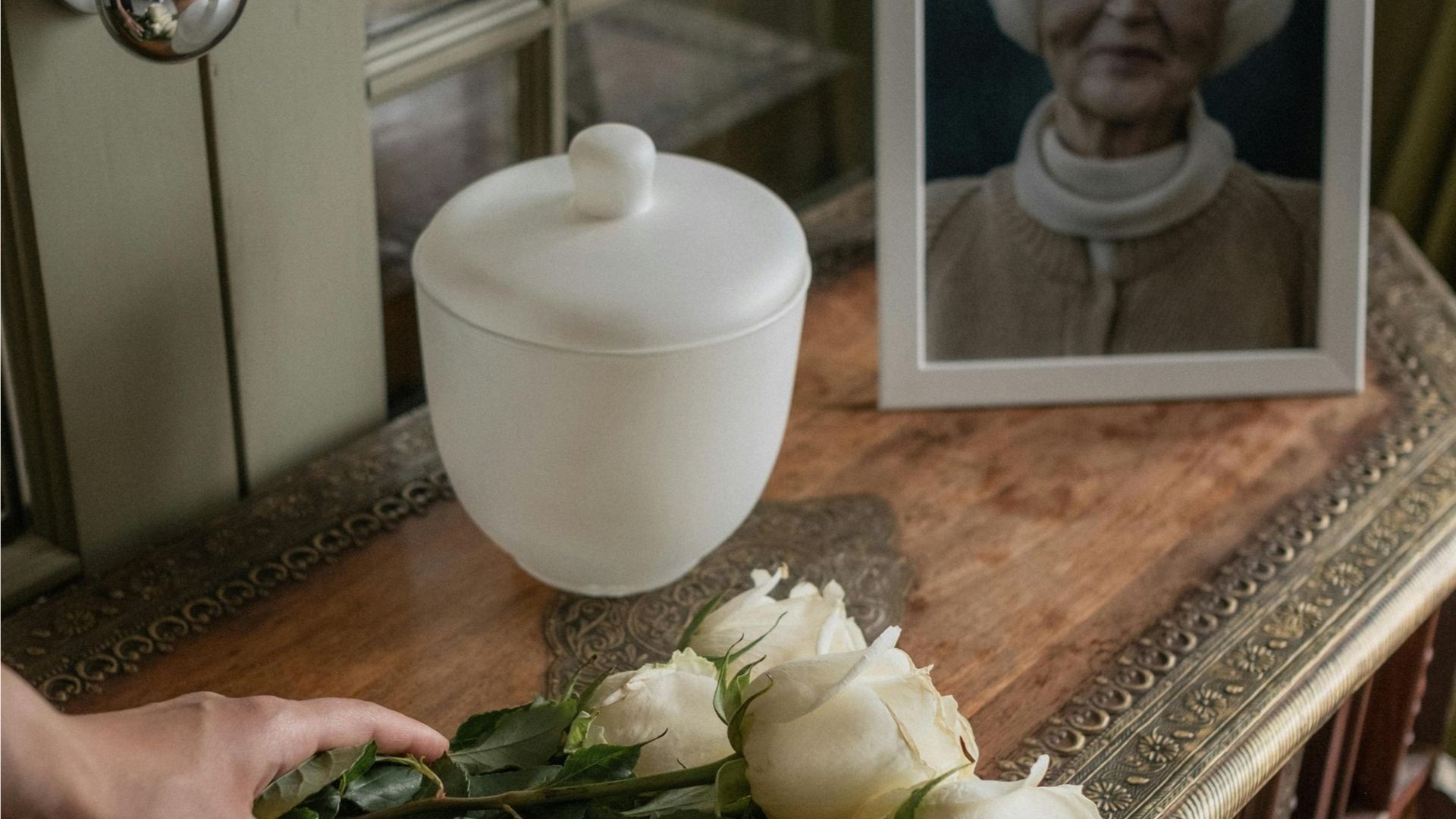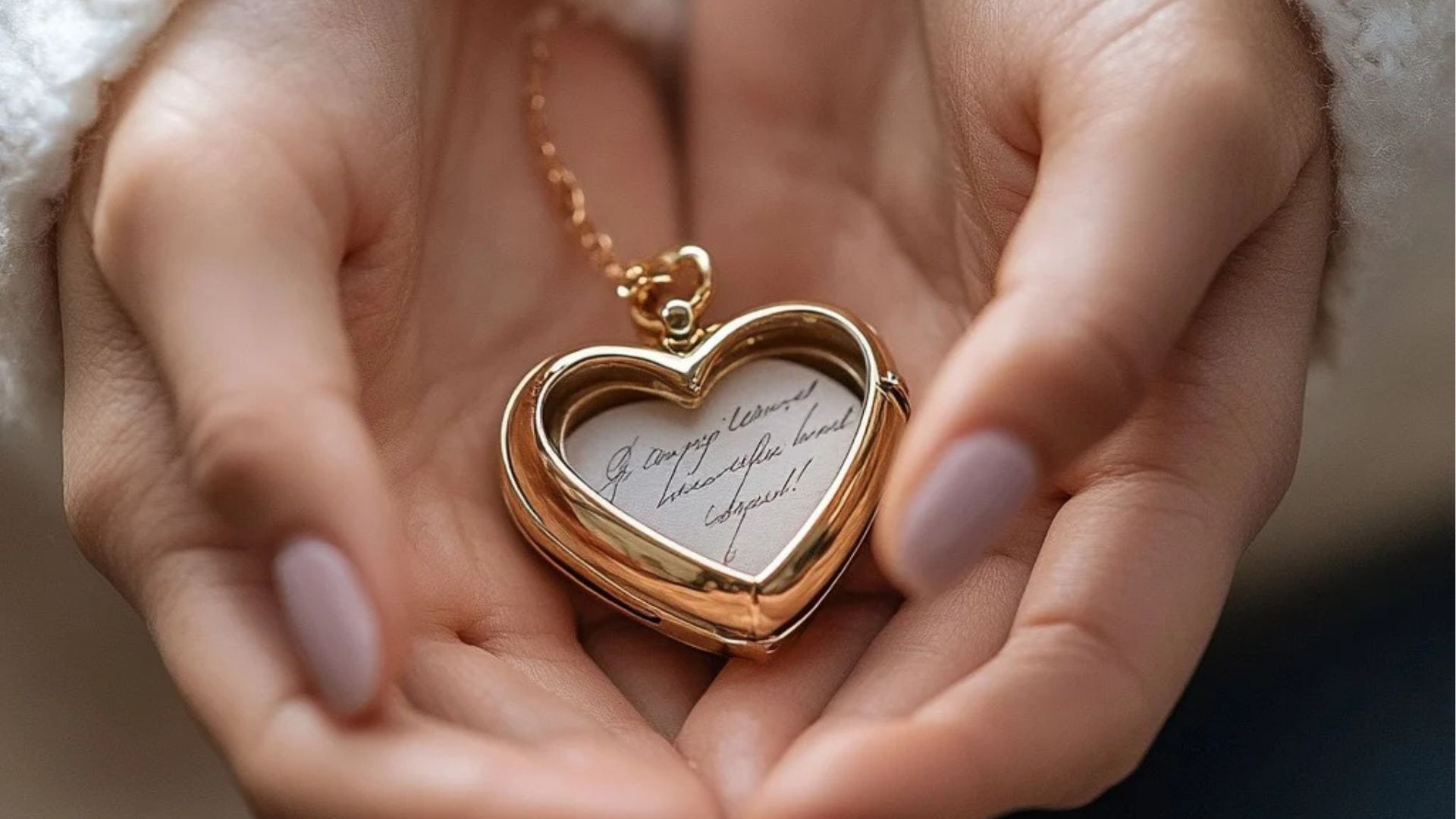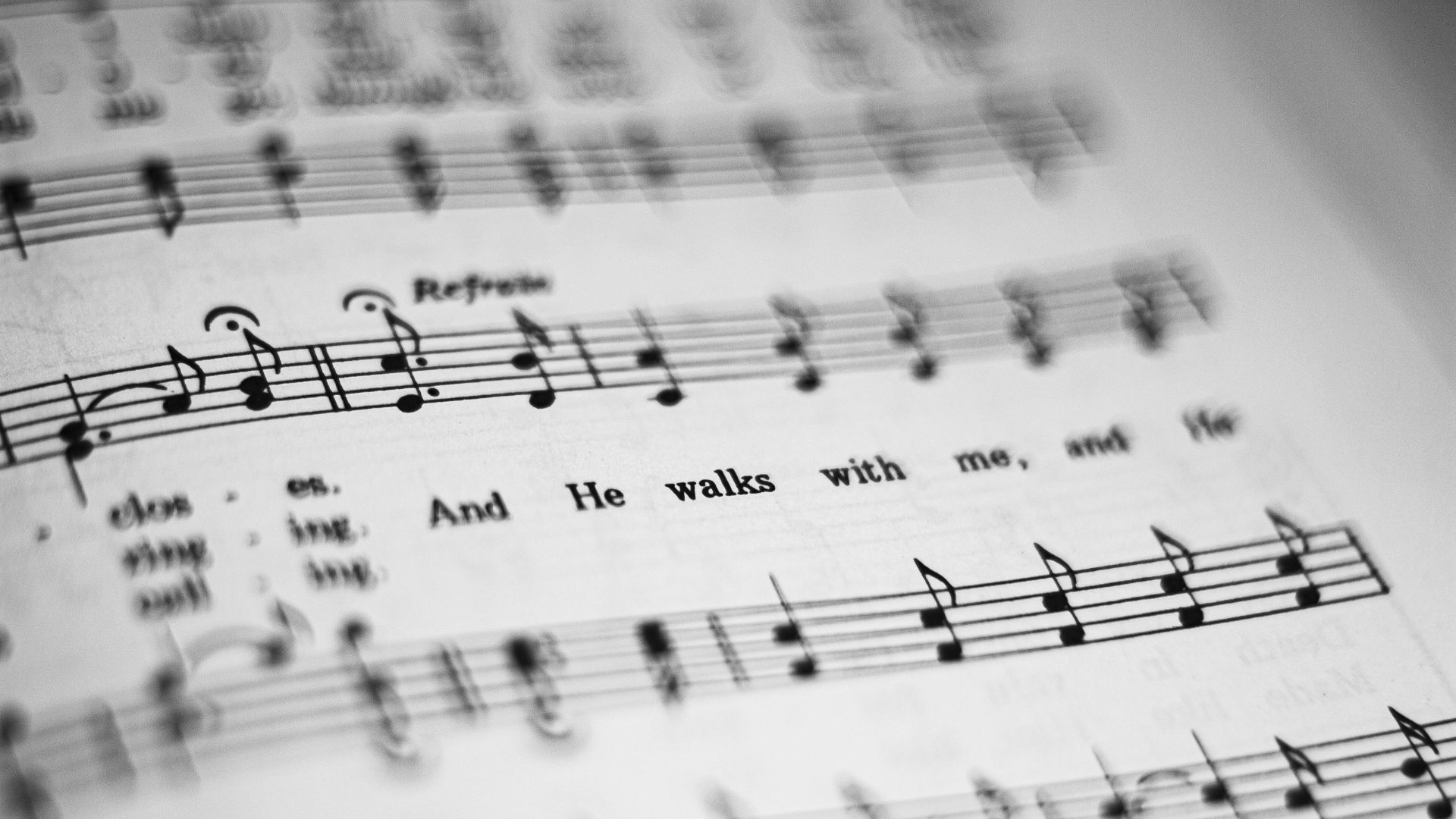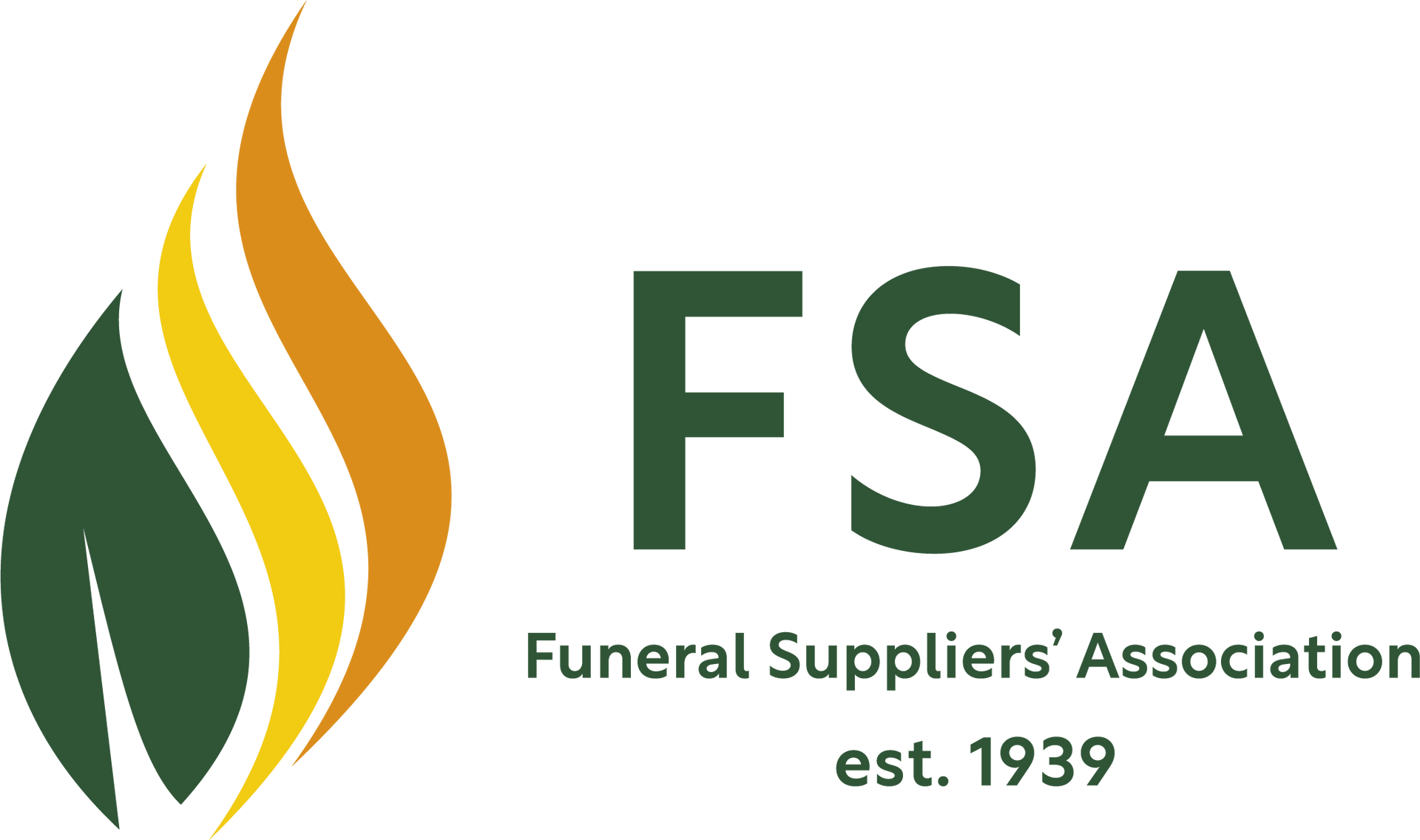Your guide to writing a eulogy
Are you struggling to make a start on a eulogy? You're not alone. Learn tips to improve your speech.

A eulogy is a tribute to a person who has died. It's written by someone who knew them. Sometimes, a eulogy is just written down. But most often, a eulogy is read out loud at the funeral by the person who wrote it.
If you're asked to write a eulogy, it's a sign that you were very important to the person who died. In spite of this – or because of it – many people find writing a eulogy difficult and emotionally taxing.
People often feel they're not qualified to write the eulogy because they don't think of themselves as writers. There's often a desire to "get it right", resulting in writer's block.
At Treasured Moments, our philosophy is that there's no right or wrong way to grieve. A eulogy is no exception. Whatever works for you and the people at the funeral is more than enough.
Sometimes, however, this can lead people to feel that there are too many options and that they don't know where to start. This is especially true when the eulogy is one item on a long to-do list in the run-up to the funeral.
There are a couple of things to remember here. The first is that most people will appreciate any eulogy because they appreciate the time and effort that's gone into it. No one expects a masterpiece.
The other thing to say is that there are many eulogy templates online for you to use as a starting point. This can help you get started – often the most difficult thing when writing.
In this article, we don't give you a point-by-point guide to writing a eulogy. Instead, we explore some of the common concerns surrounding the subject. We hope it helps you write a eulogy that's right for you.
What can I include in a eulogy?
The simple answer: anything. If this sounds overwhelming, you could start by sitting down with a pen and paper and jotting down memories of the person who died.

This could include memorable times you spent with them. It could include their positive traits and the ways they affected you. This first stage of writing is all about your relationship with the person who died.
Next, you can write down an outline of their life. What were the milestones? What did people think of them? Are there any achievements to mention?
The next stage is to organise your ideas. Decide which stories to include and which to leave out. What order feels natural to you?
Now it's time to write a first draft. Remember that nothing you write has to stay. A first draft, it's been said, is like shovelling sand into a box so that later you can build castles. You can write and rewrite until you're satisfied.
Involving others
Writing a eulogy is a big responsibility. There are a couple of ways that other family members, friends or colleagues can help.
The first is that they can tell you their own thoughts and feelings about the person who died. This can help you paint the big picture. Remember, however, that people usually want to hear about
your relationship with the person who died, too.
The second is to ask if you can read the eulogy to one or more people before the funeral. Practice doesn't make perfect – but it can make the experience less nerve-wracking.
Whether or not you involve others, you should practise reading your eulogy aloud. This will help you figure out what to keep, what to lose and what to change.
How long should a eulogy be?
There's no right or wrong length for a eulogy. Most, however, last around five minutes.
One advantage of reading it aloud before the funeral is that you'll get a sense of how long it is. Find out what else is happening in the service and stick within those time limits. If in doubt, ask the funeral director, celebrant or faith leader for guidance.
Is humour appropriate?

This is a very common concern for people getting ready to read a eulogy. Is it appropriate to make jokes or tell funny stories from the person's life?
The answer is that it depends on the personality of the person who died and the preferences of family and friends. Involving others in the process will help you gauge whether humour is a good idea.
Should you read from a script?
Again, there's no right or wrong way to read a eulogy. If you have public speaking experience, you may be happy with notes or cue cards.
If, however, you're not confident about reading, a script can really help. Make sure it's in a readable font and there's enough space between the lines. You may want to add notes for yourself ("pause", "breathe", "look up", and so on).
Is it OK to cry?
Yes, it's OK to cry when reading a eulogy. But if for any reason you don't want to, it can help to choose a spot in the room to look at when you feel the tears coming. Focus on the spot (not the people in the room), take a deep breath and wait until it passes.
What is a digital eulogy?
A digital eulogy is when the eulogy is put on an
online memorial page. This means the text is there forever and can be accessed from any part of the world.
At Treasured Moments, we craft bespoke online memorial pages. These can include videos, photos and written eulogies. One of our expert writers will talk to you about the person who died and then write a touching, personalised tribute for you.
When someone dies, there's a lot to do. Hiring a professional to write a digital eulogy can take one thing off your mind so you can focus on everything else.
So, if you're looking for a beautiful, bespoke memorial website for someone who died, why not
learn more about what we do or take a look at our
sample pages?
*Treasured Moments tribute pages are designed to remain online in perpetuity. However, in certain circumstances, such as cessation of business and takedown requests, this may not be possible.
All Rights Reserved | Tresured Moments | Part of My Digital Hero Consulting LTD





